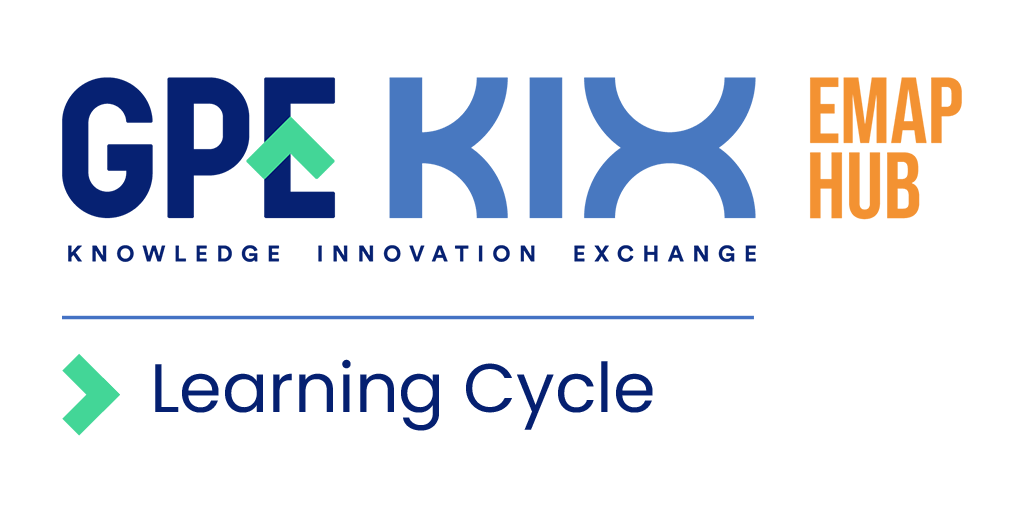Final days to apply: KIX EMAP Learning Cycles 6 & 7
Update: Applications are now closed.
This is the final week to apply for the two upcoming KIX EMAP Hub learning cycles. Applications for both learning cycles are due by Friday, 16 August 2024.
These free, online courses will both begin in September 2024. There are no course fees as the course is funded by the Knowledge and Innovation Exchange (KIX) Europe, Middle East and North Africa, Asia and Pacific (EMAP) Hub. These courses will be offered in English. If needed, the KIX EMAP Hub can provide interpretation into Russian and Arabic. Please email your requests to norrag.kix@graduateinstitute.ch.
Learning Cycle 6: Increasing Women’s Representation in School Leadership
Applications due: 16 August 2024
Duration: 18 September 2024 – 28 February 2025
School leadership is a pivotal factor in the quality of education and student outcomes. Emerging research shows that women school leaders, in particular, have positive impacts on students’ schooling and learning experiences, especially for girls. Despite these potential benefits, the underrepresentation of women in school leadership roles continues to be a persistent challenge in many contexts globally.
Learning Cycle 6: Increasing Women’s Representation in School Leadership focuses on identifying policy options for improving the participation of women in school leadership. Over 10 weeks, the course will equip participants with the conceptual and analytical tools for understanding conditions that promote and serve as barriers to the recruitment, development, and retention of women in school leadership roles. During this course, participants will work in country teams to develop a knowledge product.
Learning Cycle 7: Secondary Teacher Workforce Management
Applications due: 16 August 2024
Duration: 24 September – 30 November 2024
As more children gain access to secondary education, efficient teacher management at the secondary level takes on additional importance. Yet, ensuring an adequate supply of competent and well-qualified secondary teachers is a complex task. Planners and managers may encounter difficulties such as a shortage of qualified or trained teachers, subject-specific teacher shortages, imbalances in teacher allocation, and insufficient information for monitoring teacher utilisation.
Learning Cycle 7: Secondary Teacher Workforce Management is facilitated by the UNESCO International Institute for Educational Planning (IIEP). Over 10 weeks, the course will equip participants with the necessary theory and practical techniques to plan and analyse data on their secondary teacher workforce in relation to teacher requirements, deployment, and utilisation and to identify potential policy options. During this course, participants will work in country teams to develop a knowledge product.

